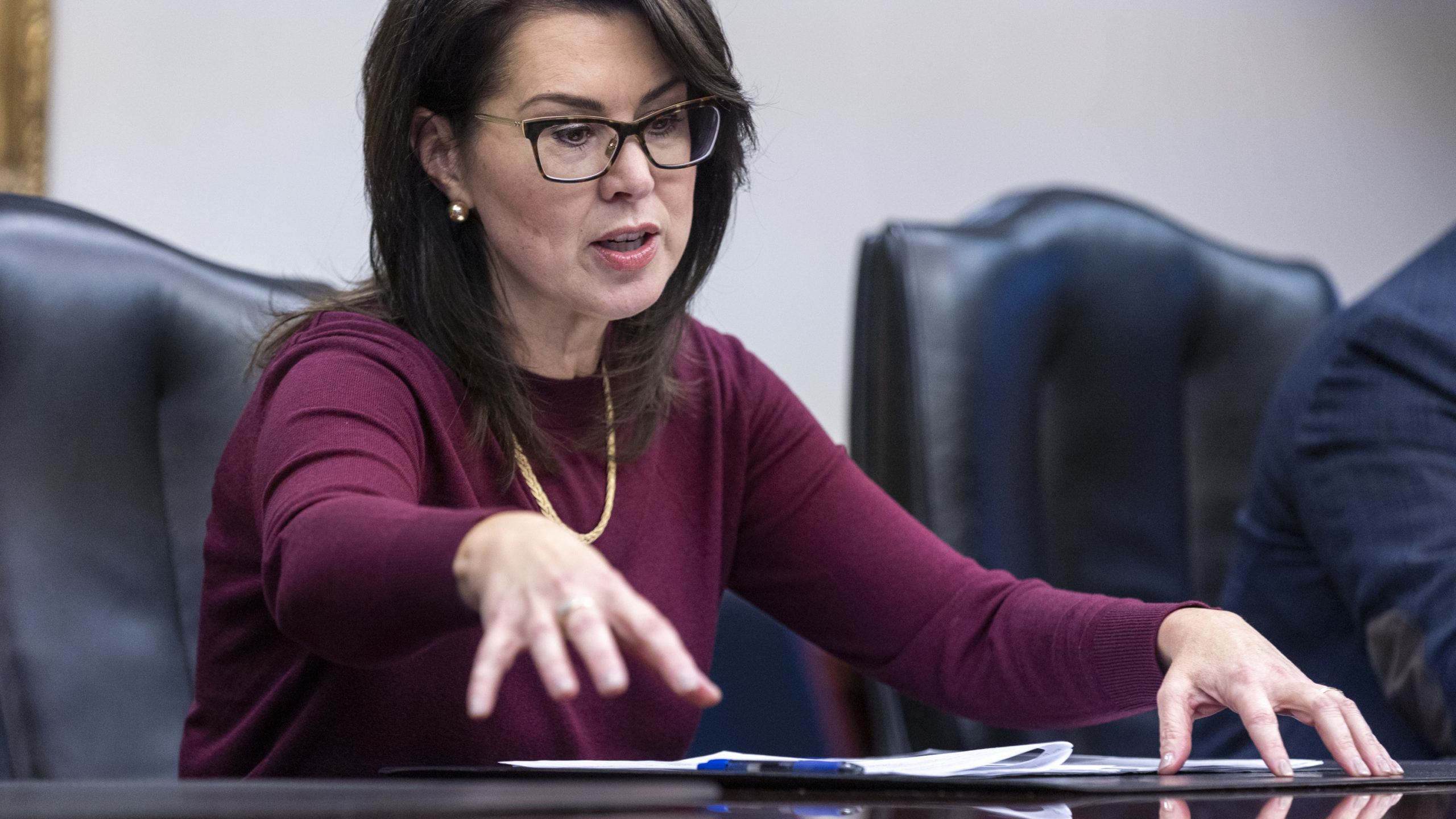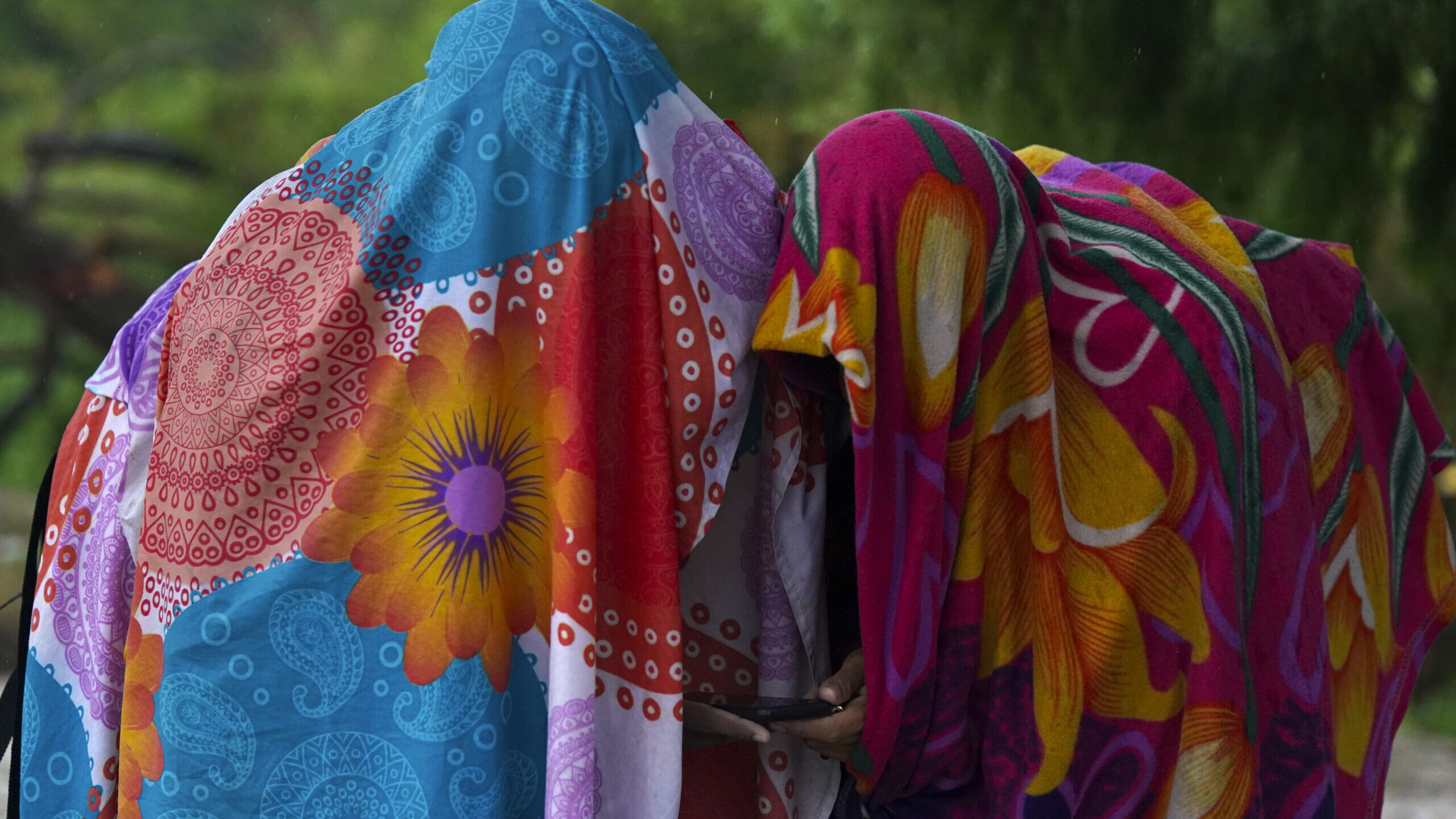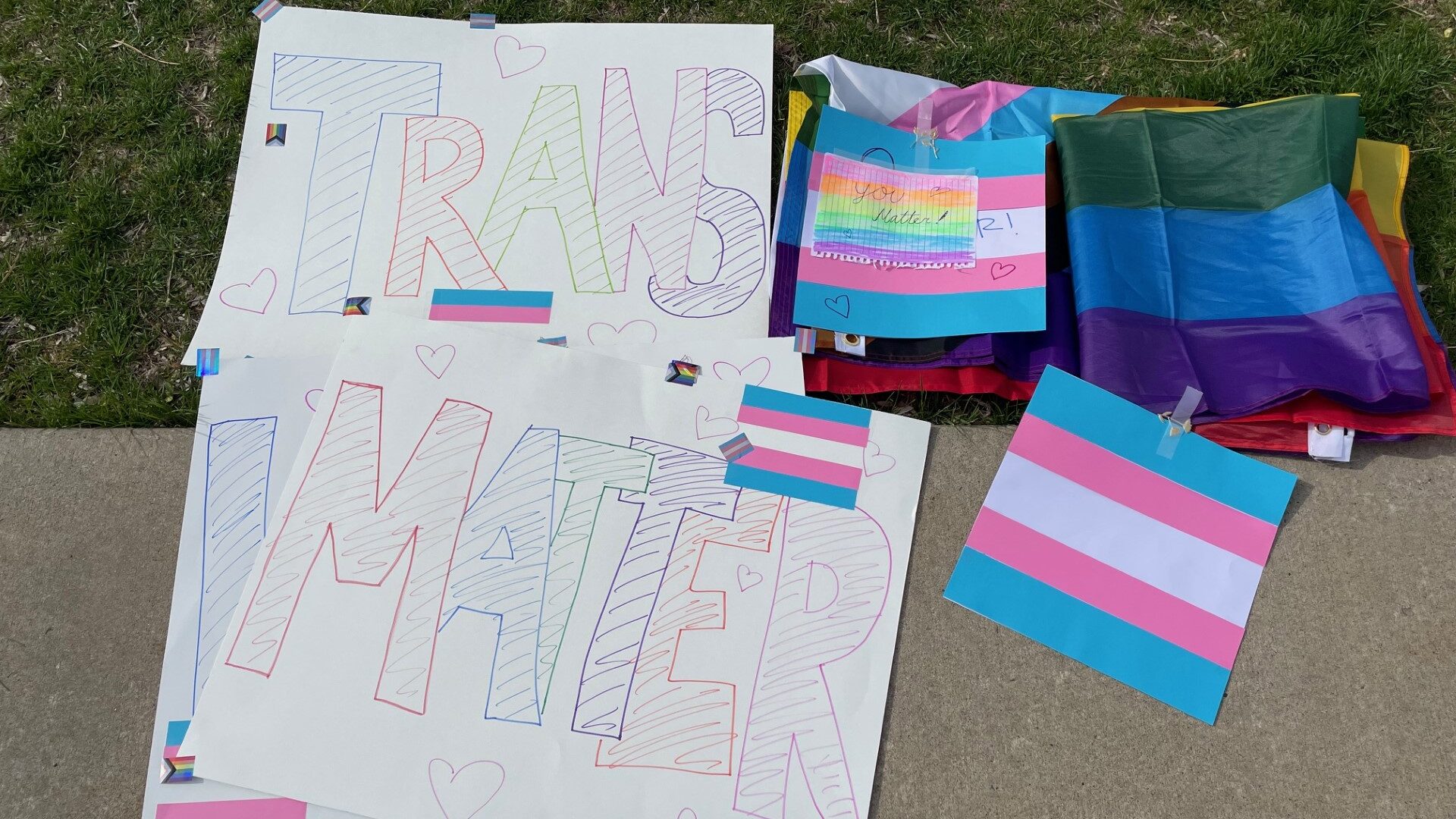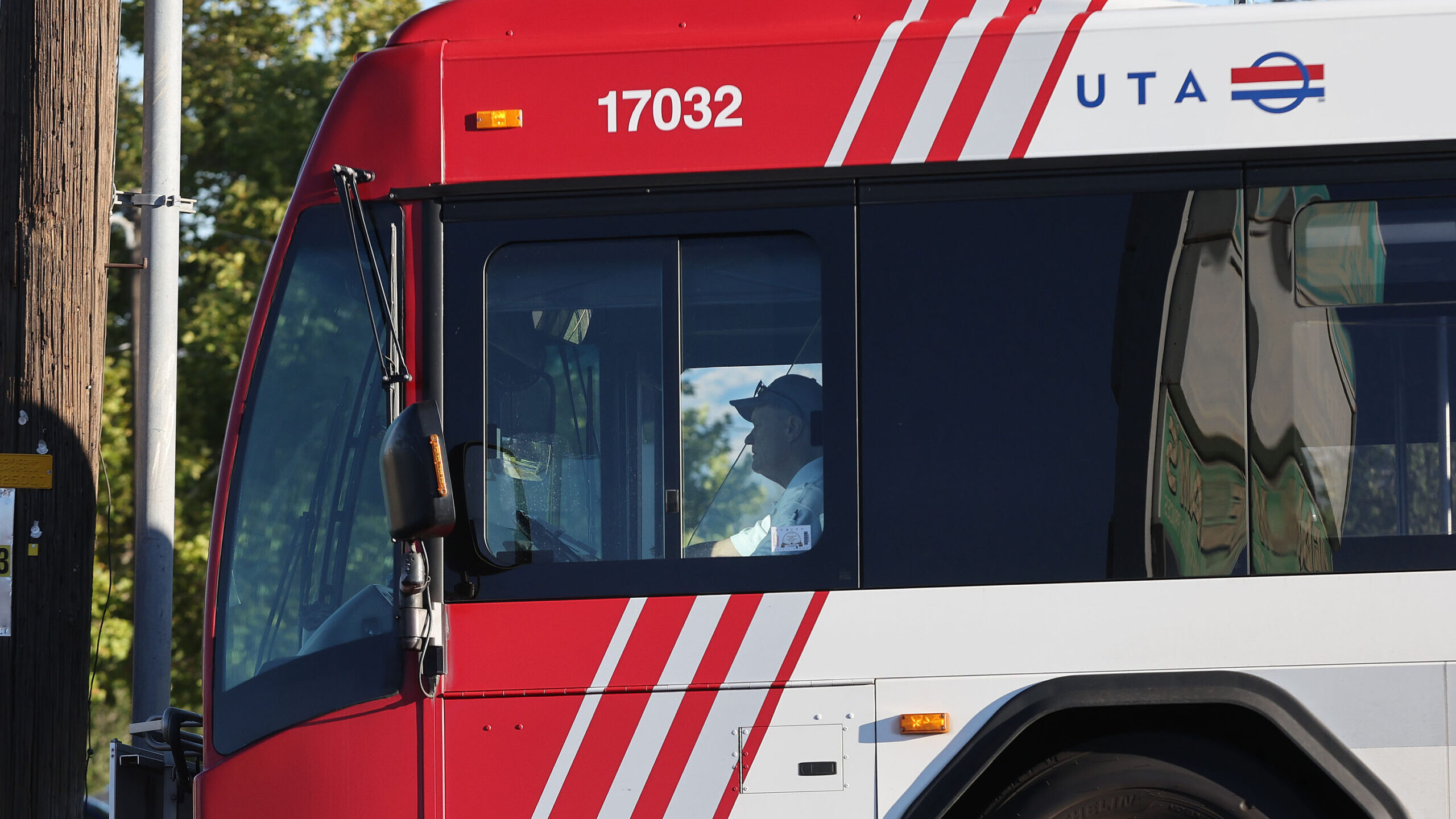Lt. Gov. Henderson hopes to turn tragedy into protective legislation
Dec 20, 2022, 2:00 PM

Lt. Gov. Deidre Henderson speaks with the Deseret News editorial board in Salt Lake City on Monday, Dec. 19, 2022. Henderson tells KSL NewsRadio that she would like to see more Utahns get involved in the voting process. (Ben B. Braun/Deseret News)
(Ben B. Braun/Deseret News)
SALT LAKE CITY — Lt. Gov. Deidre Henderson opened up on Monday about the death of her cousin Amanda “Mandy” Mayne. Mayne’s ex killed her in August.
Henderson is turning her grief into action and hoping the loss of her cousin will inspire a new law requiring police to better assess the risk to victims of intimate partner violence.
Our family is reeling from the devastating and senseless loss of my sweet cousin, cut down in the prime of life — a victim of the sort of violence that has become far too prevalent in our state. We are shocked and grieving. We will miss this precious soul and her golden smile. pic.twitter.com/Jsk6w6zZDV
— Deidre Henderson (@DeidreHenderson) August 18, 2022
“It has been very difficult for our family, very shocking,” Henderson told the KSL and Deseret News Editorial board Monday. “Something you can’t possibly prepare for.”
The law would require police to give victims they suspect of intimate partner violence a lethality assessment. Also known as the Maryland Model, the assessment asks a series of questions to determine the risk of a partner being killed.
Those questions include things like “has the person ever used a weapon against you [the victim], or threatened you with a weapon, has the person threatened to kill you or your children, do you [the victim] think the person will try to kill you?”
The lethality assessment includes many more questions. The more “yesses” a victim answers, the greater their risk.
Henderson and Sen. Todd Weiler, who is running the legislation, hope this assessment can also make its way to prosecutors and judges. The hope is that those in the justice system can also take better action based on this risk assessment.
Statewide database
Lawmakers haven’t finalized the text of the bill yet. But Henderson and Weiler said law enforcement would put perpetrators’ information into a yet-to-be-created statewide database.
According to Henderson and her family, Mayne’s ex-partner showed up at her workplace before shooting her 11 times. Mayne reported her ex for threatening and stalking her.
“She asked for help, she was crying,” said Henderson. “She told them she wanted a protective order, she told them she thought he was stalking her. ”
Henderson said Salt Lake City police didn’t do this assessment.
Salt Lake City Police expressed condolences to Mayne’s family. In a lengthy statement, the SLCPD said it implementing the new assessments by working with victim services.
In 2018, the department began conversations with the Utah Domestic Violence Council (UDVC) and the YWCA to utilize the Lethality Assessment Program (LAP) guided by the Maryland Model. At that time, both the LAP’s own guidelines and SLCPD shared concerns about victim and survivor safety when an assessment occurred on body-worn camera. In 2020, Utah law changed after the department and other law enforcement supported a legislative fix that allowed body-worn cameras to be legally turned off during the administration of an evidence-based lethality assessment. After the legislative change, our discussion with UDVC and the YWCA continued. During that time, we discussed serious concerns for victims and survivors as to whether enough shelter space existed and how shelter could be guaranteed when needed. Our discussions and efforts to reach a memorandum of understanding with UDVC and YWCA are ongoing. We have provided those partners with a draft MOU and look forward to their signatures to finalize the agreement and to implement the LAP process to increase the safety options available to victims and survivors.
If you or someone you know is experiencing trouble linked to domestic violence, the following resources are available.
Utah Domestic Violence LINKLine
1-800-897-LINK (5465)
If LINKLine advocates experience an increased call volume, they will forward calls to the National Domestic Violence Hotline.
National Domestic Violence Hotline
1-800-799-SAFE (7233)
StrongHearts Native Helpline
1-844-762-8483













